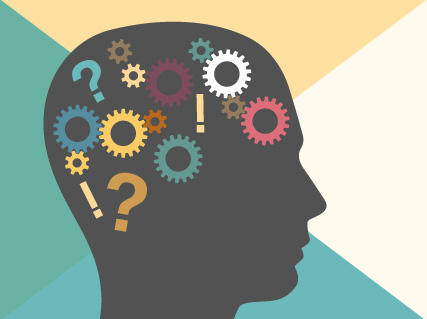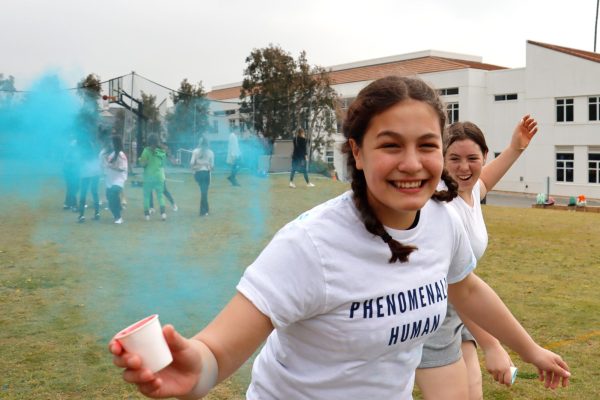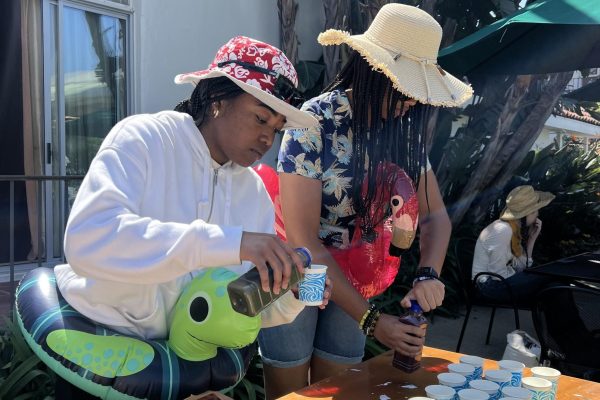‘Everyone deserves to be heard’: Archer reflects upon World Mental Health Day

Photo credit: MentalHealth.gov
A graphic of a human silhouette contains myriad cogs and punctuation marks. The image was designed to spread awareness about identifying mental health symptoms.
First celebrated in 1992 by The World Federation for Mental Health, World Mental Health Day focuses on global mental health education and advocacy against social stigma. The holiday took place on Wednesday, Oct. 10, 2018.
“It’s incredibly important to globally recognize mental health because it’s not something that only affects a certain group, gender, religion or any affiliation,” Mental Health Awareness Club leader Stella Smyth ‘19 said. “Anyone can be struggling, everyone is capable of coping, everyone deserves to be heard and no one deserves to feel alone.”
According to the American Psychiatric Association, 50 percent of mental illnesses develop by age 14 and one in five American children aged 3-17 are diagnosed with a mental illness or learning disorder. Suicide is the third leading cause of death in adolescents and young adults, according to the National Alliance on Mental Health, and 90 percent of those who committed suicide were affected by a mental health disorder.
“Especially during these years when everyone is stressing about college and schoolwork, it’s important to take care of yourself and be aware of where you are [and] how you’re feeling,” Mara Bridwell ‘20 said. “Mental health is the key to happiness and serenity, which are both really important things to prioritize when you’re stressed.”
While not everyone affected by mental health disorders is able to access professional treatment, services such as TeenLine and the Center for Young Women and Men’s health offer places for teenagers to research and understand their feelings. They also offer helplines and messaging services so teens can discuss their feelings with someone on the phone or online.
“Mental health is so overlooked,” Smyth said. “Hopefully by raising awareness, individuals will learn to be more empathetic.”

Nicki Rosenberg joined the Oracle in 2017 and was then promoted to Managing Editor as a junior. This year she will continue serving as the Managing Editor...




![Freshman Milan Earl and sophomore Lucy Kaplan sit with their grandparents at Archer’s annual Grandparents and Special Friends Day Friday, March 15. The event took place over three 75-minute sessions. “[I hope my grandparents] gain an understanding about what I do, Kaplan said, because I know they ask a lot of questions and can sort of see what I do in school and what the experience is like to be here.](https://archeroracle.org/wp-content/uploads/2024/03/grandparents-day-option-2-1200x800.jpg)
















































![Freshman Milan Earl and sophomore Lucy Kaplan sit with their grandparents at Archer’s annual Grandparents and Special Friends Day Friday, March 15. The event took place over three 75-minute sessions. “[I hope my grandparents] gain an understanding about what I do, Kaplan said, because I know they ask a lot of questions and can sort of see what I do in school and what the experience is like to be here.](https://archeroracle.org/wp-content/uploads/2024/03/grandparents-day-option-2-600x400.jpg)





